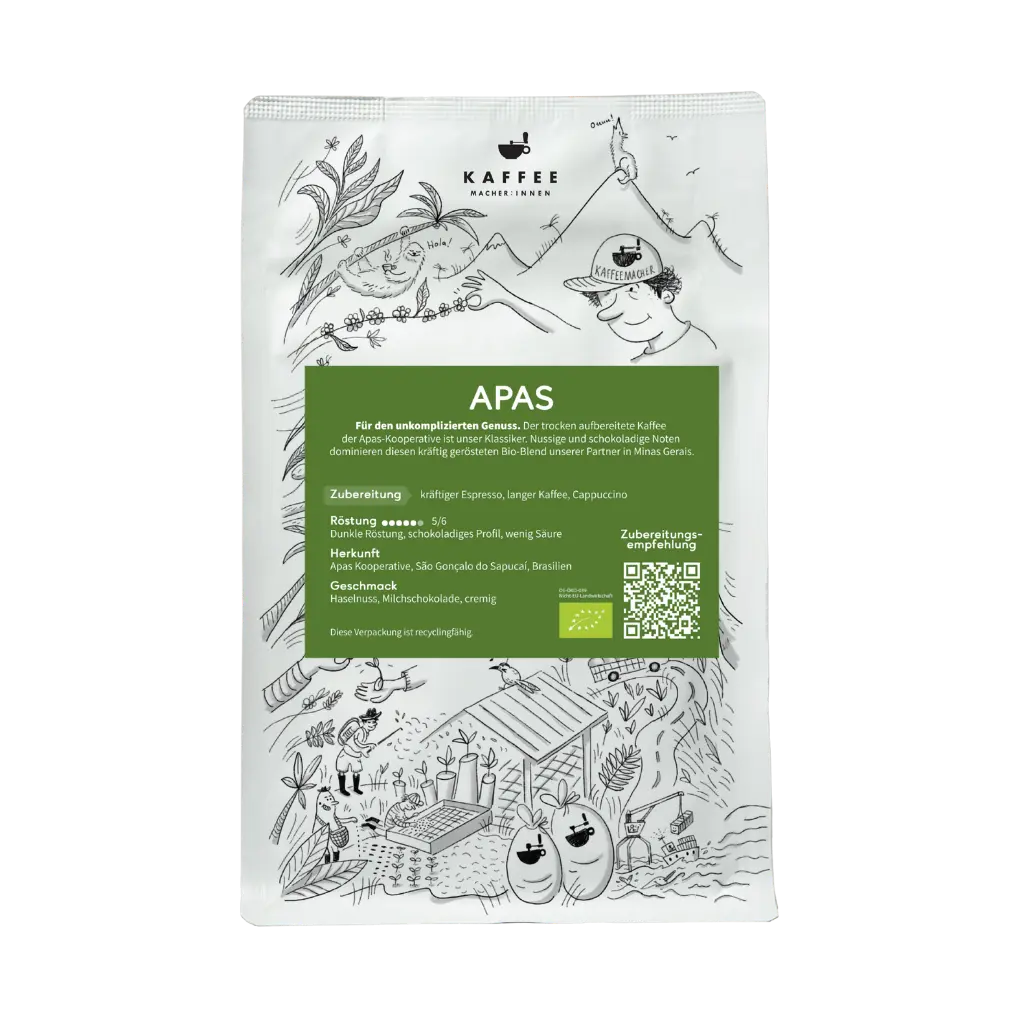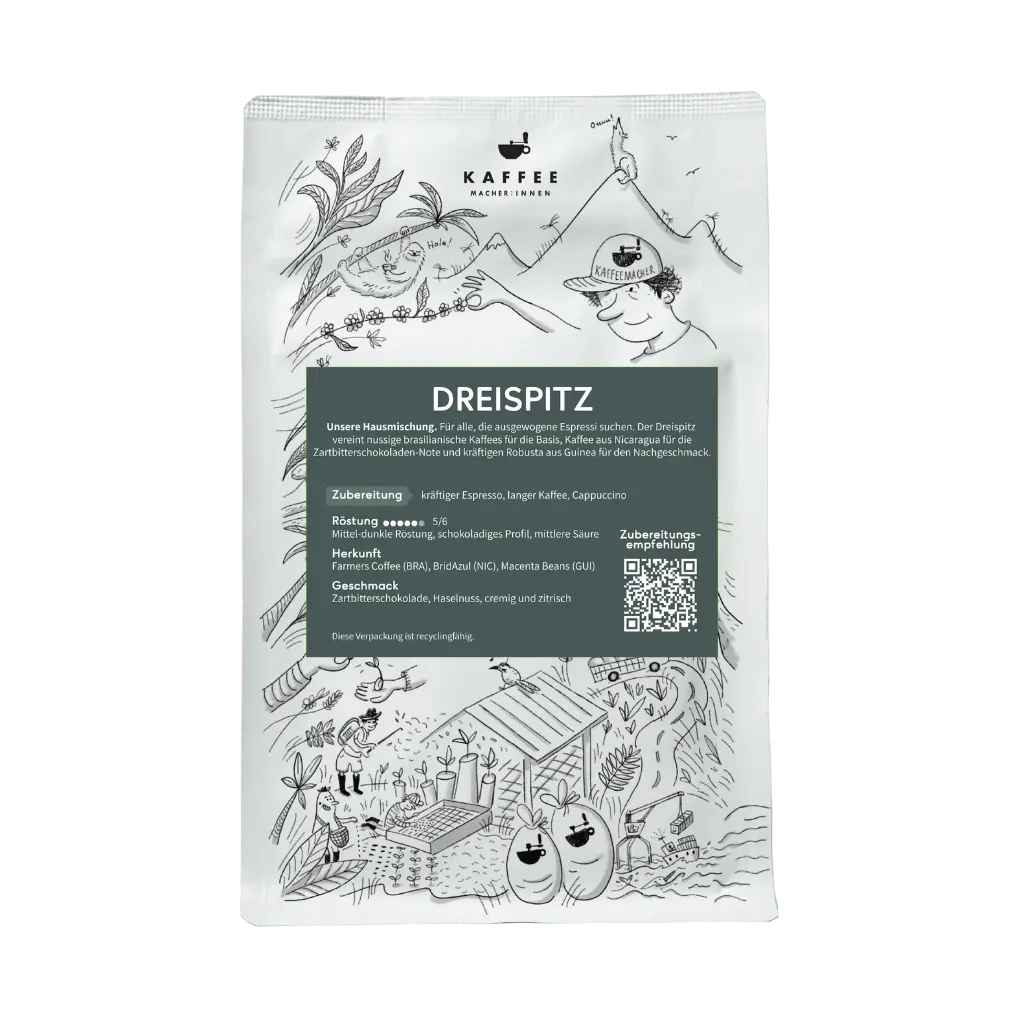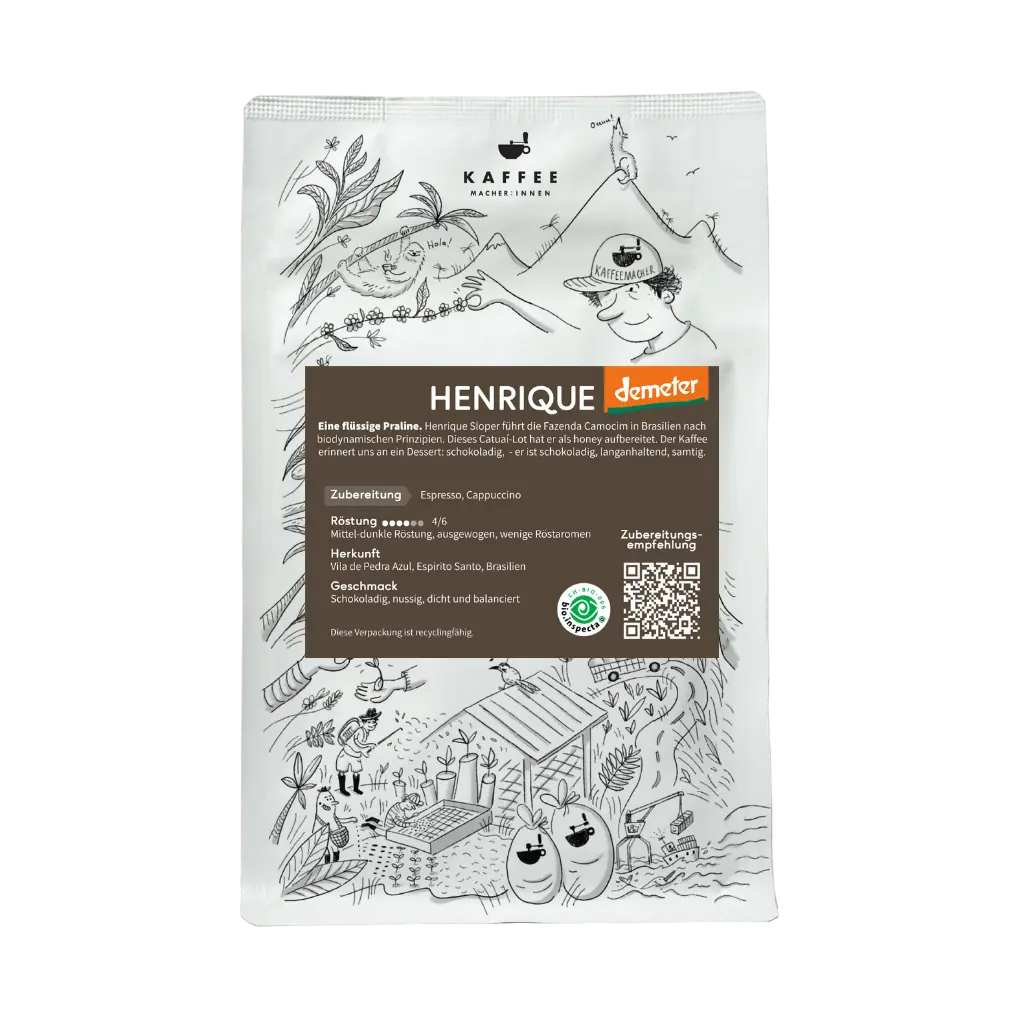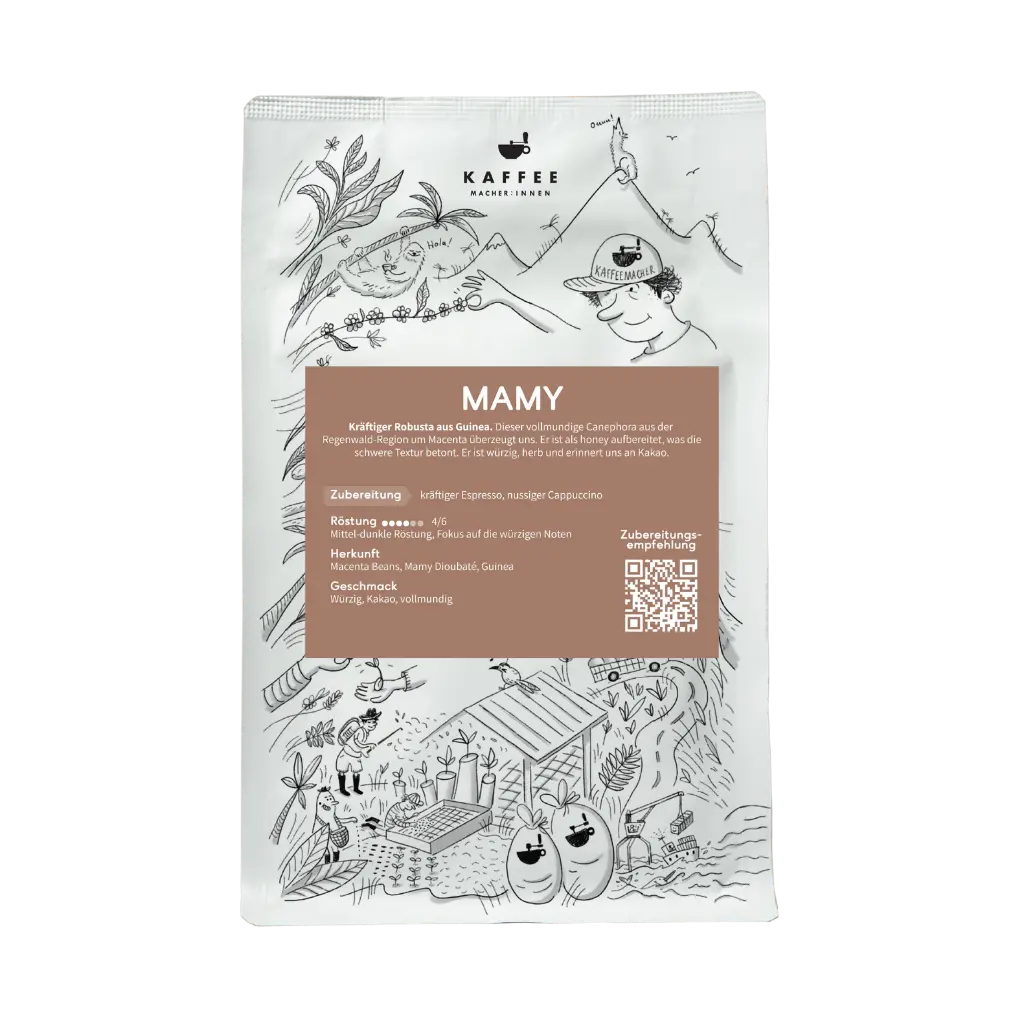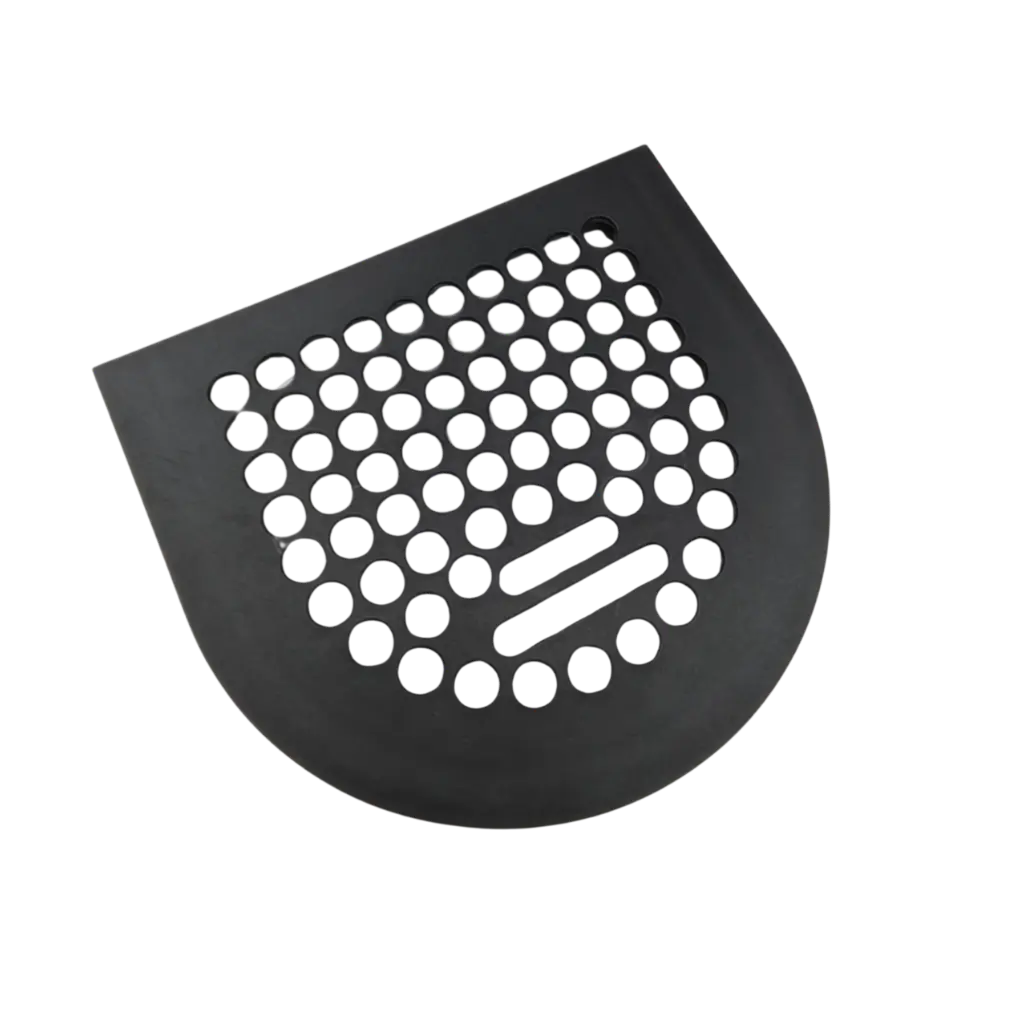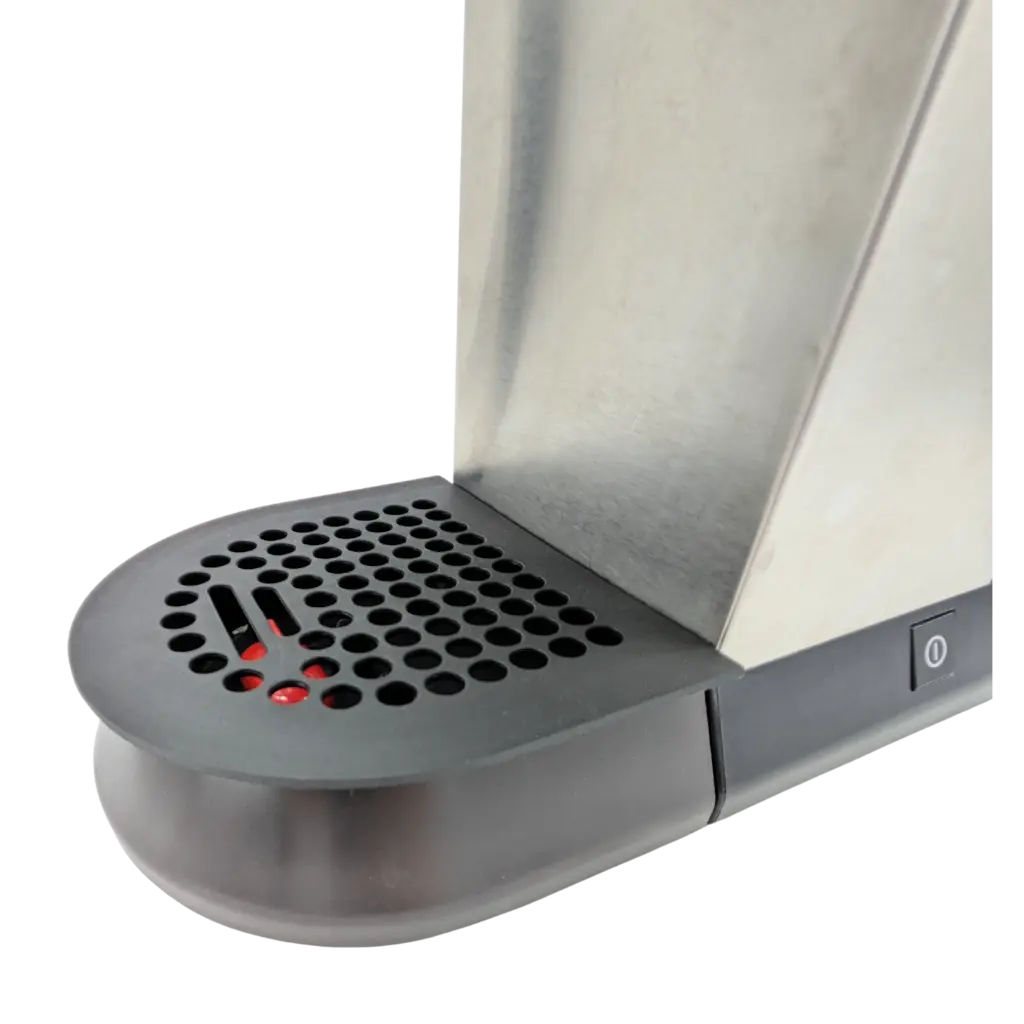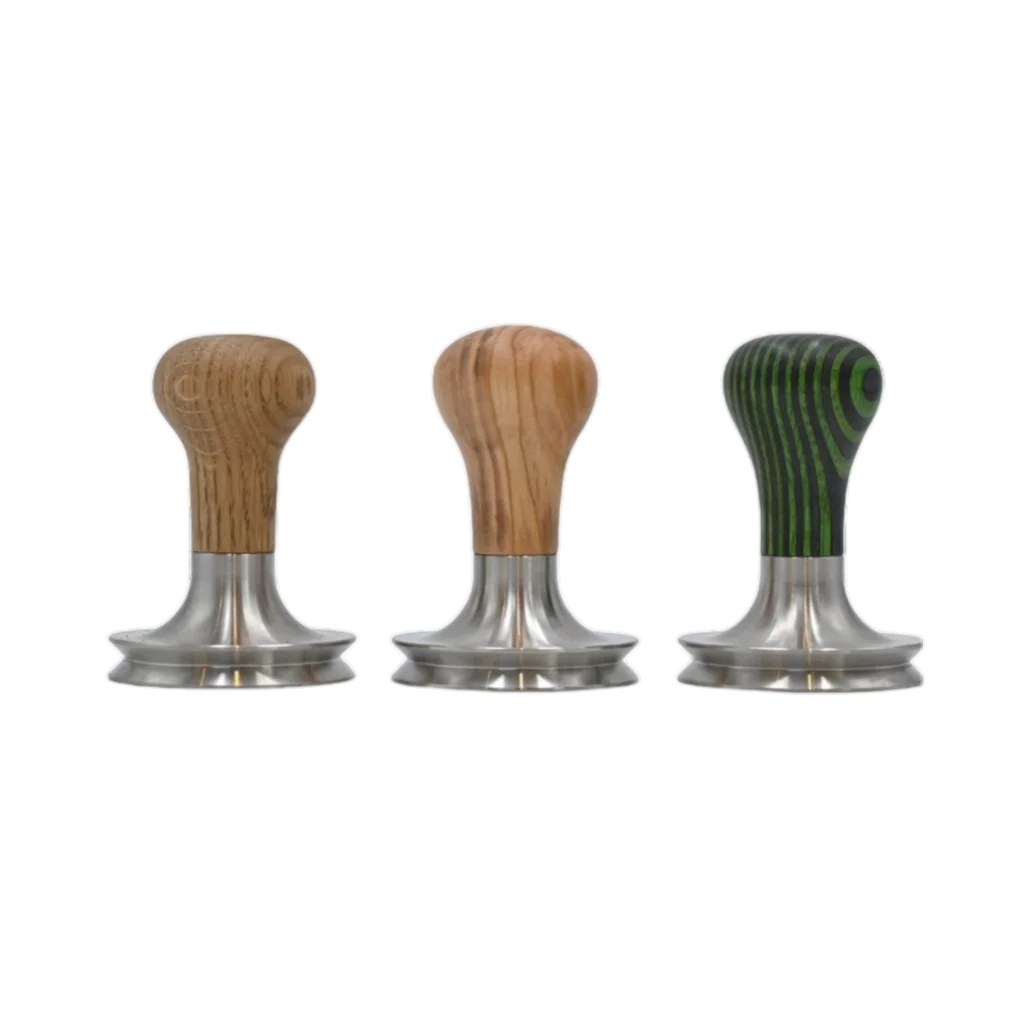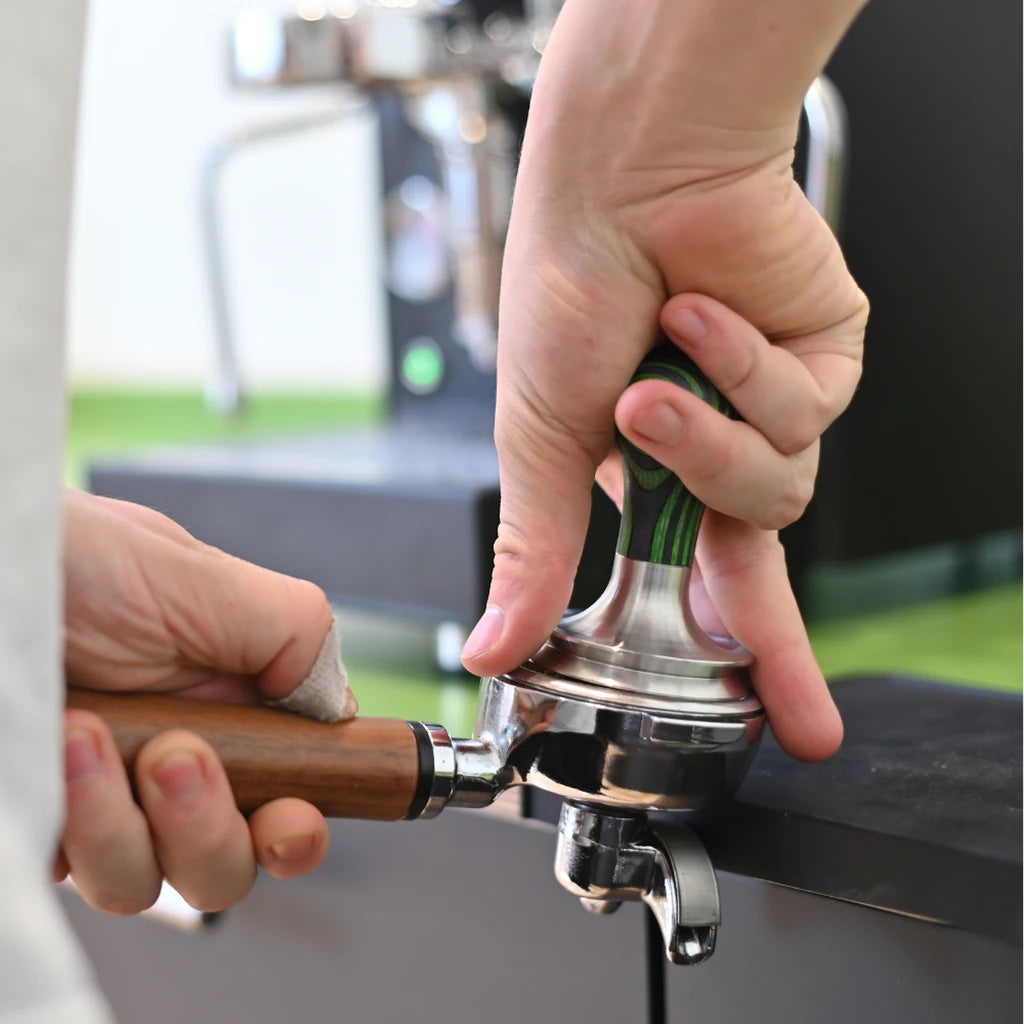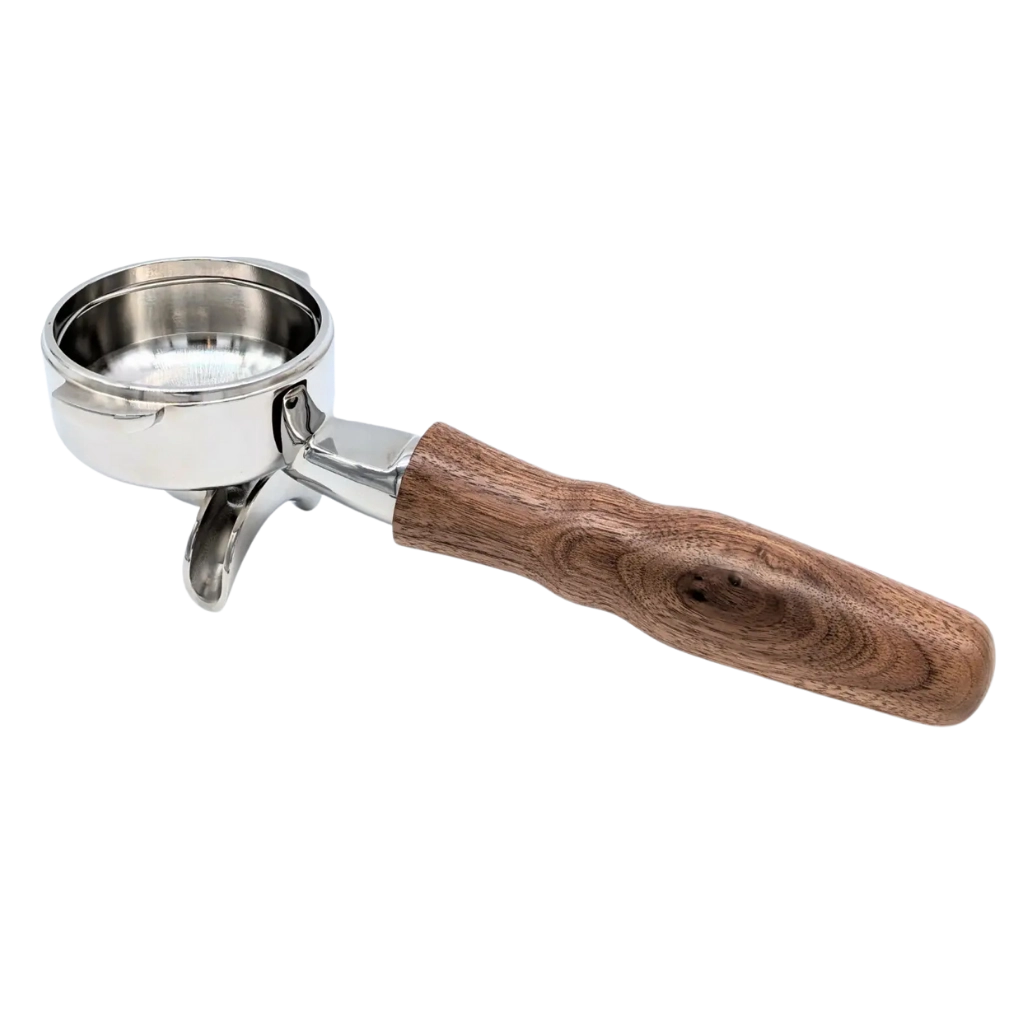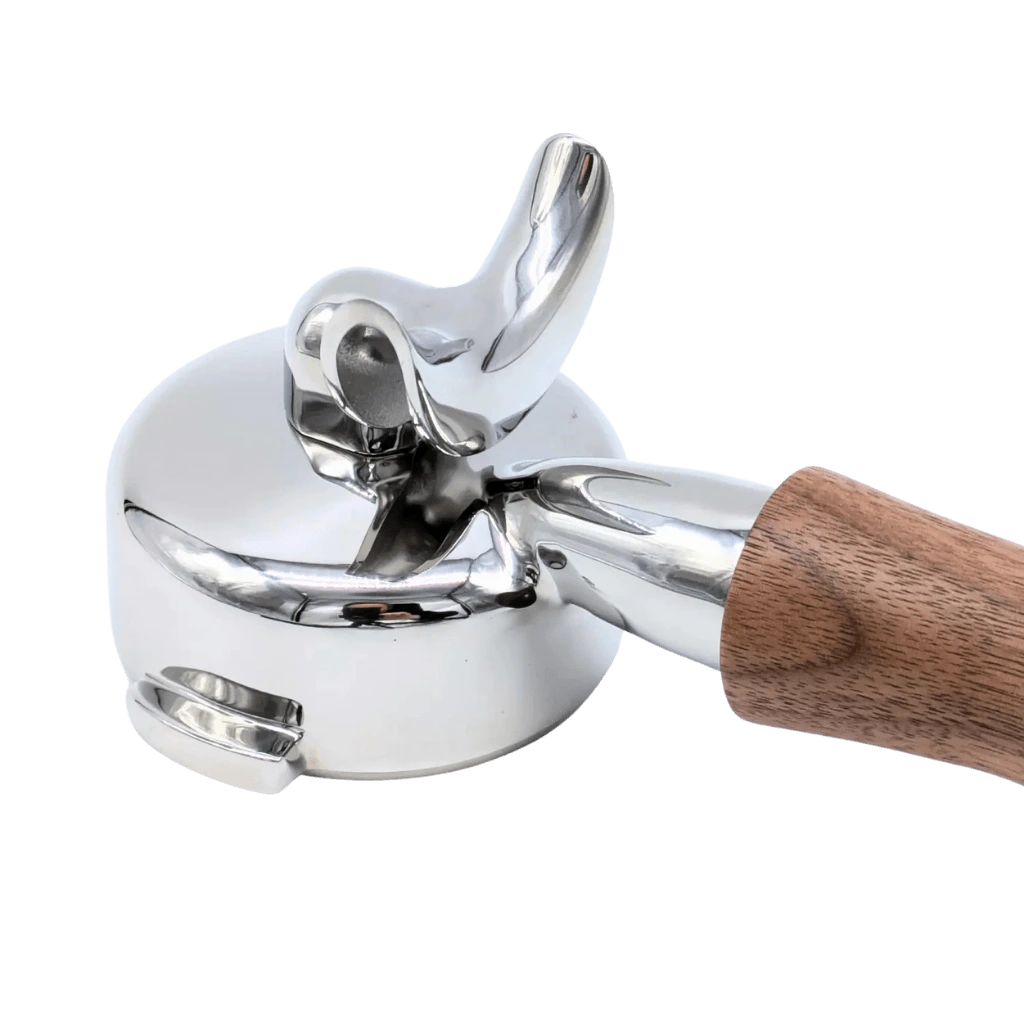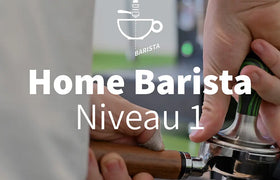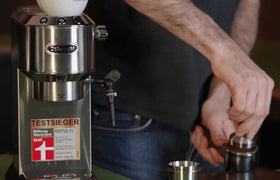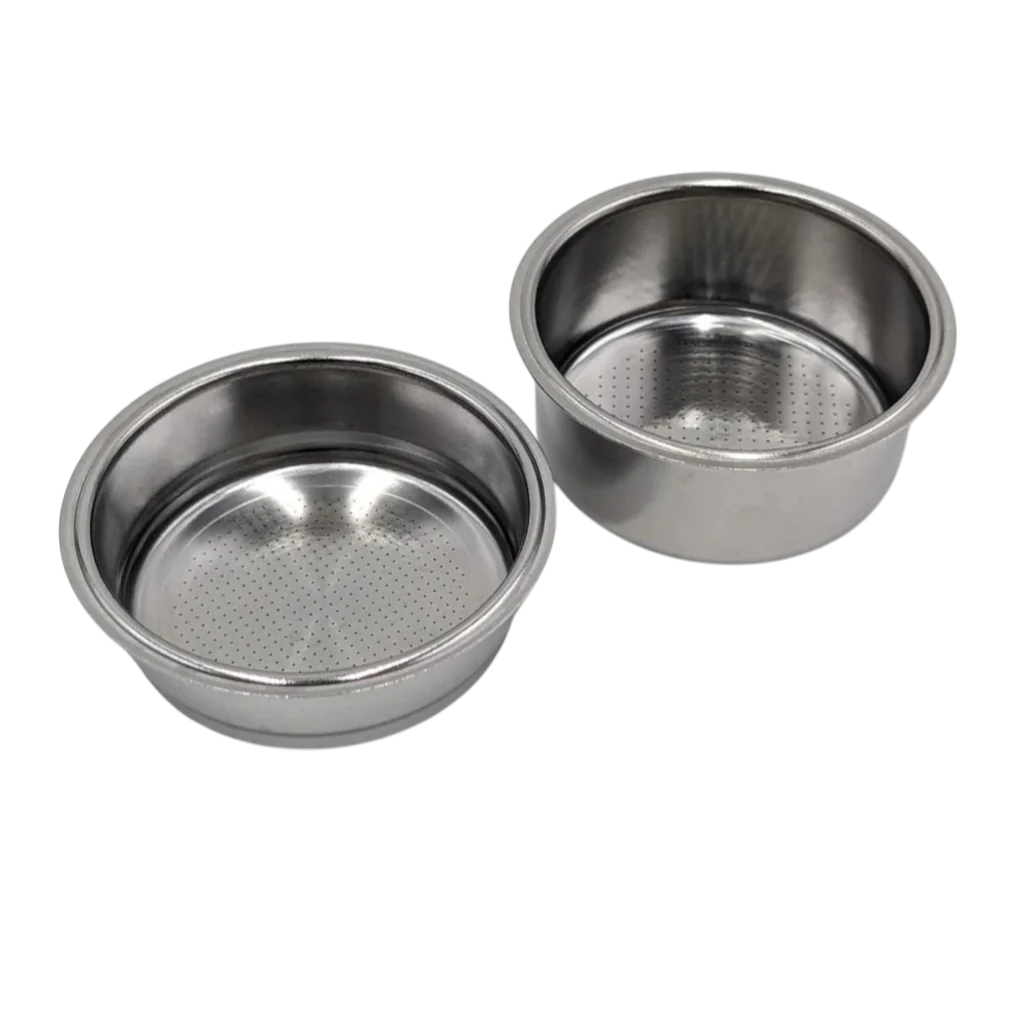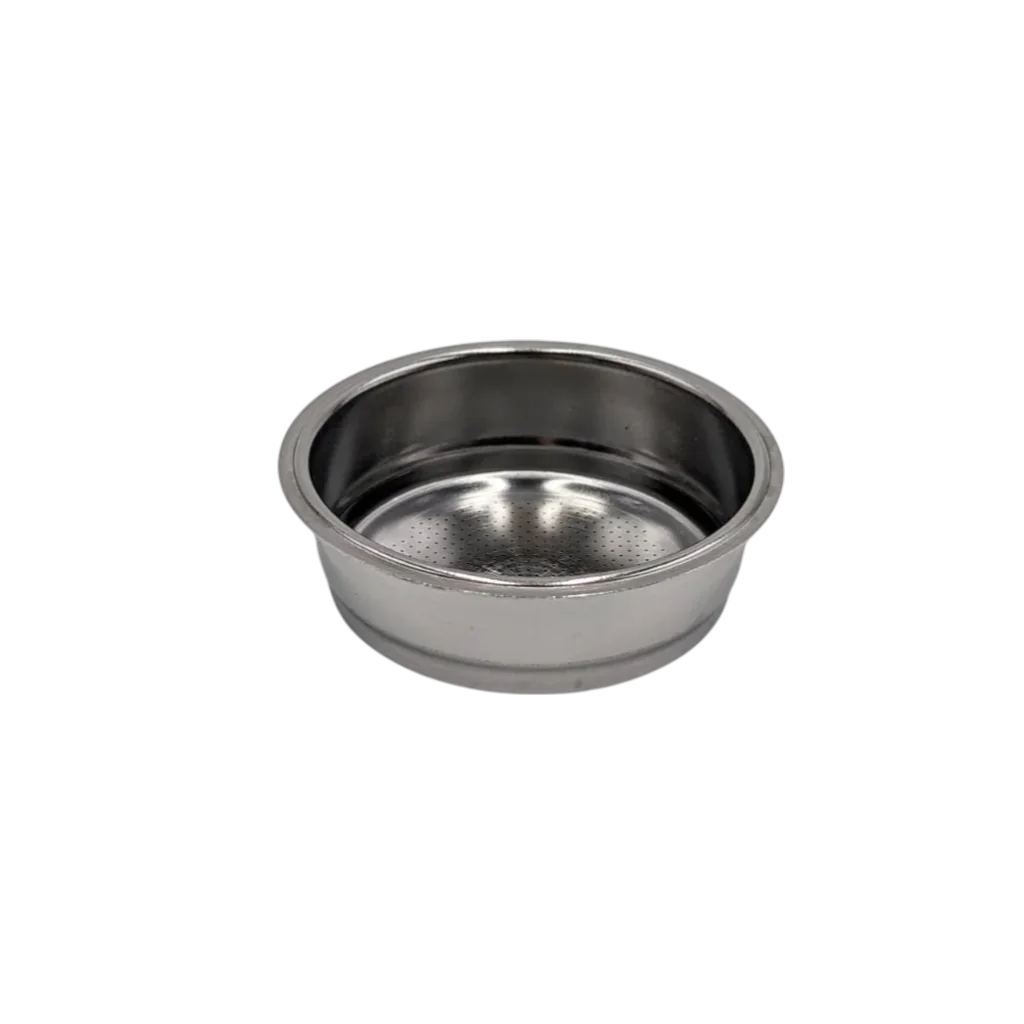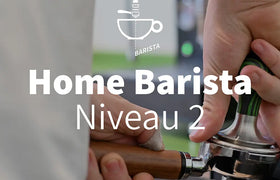Kaffeewissen
Kaffeesensorik und Qualitätsanalyse
Das Einstellen der Kaffeemühle, die Verbesserung eines Röstprofils, die Zubereitung jedes Kaffees gelingt mit Hilfe der sensorischen Wahrnehmung. Gut geschulte Gaumen geben Sicherheit in allen Kaffee-Bereichen. Das gilt für die heimische Espressomaschine wie den Röstereibetrieb.
Ausgewählte Artikel
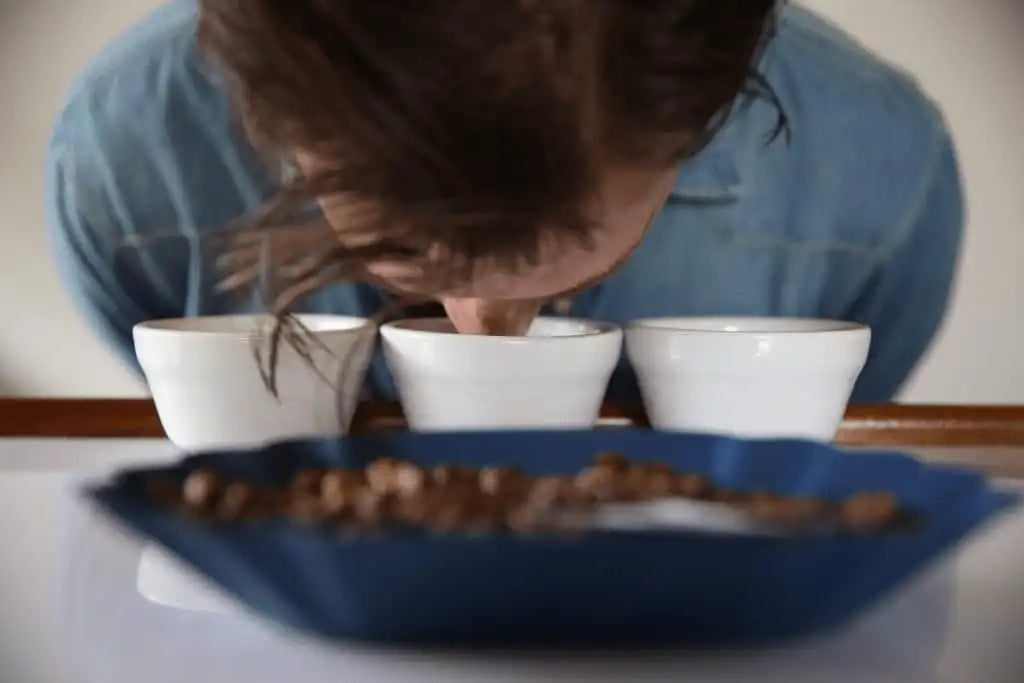
„Q“ wie Kaffee-Qualität – der Q-Grader
Das Q-Grader Programm des Coffee Quality Institutes (CQI) ist die weltweit renommierteste Kaffee-Sensorik-Ausbildung.
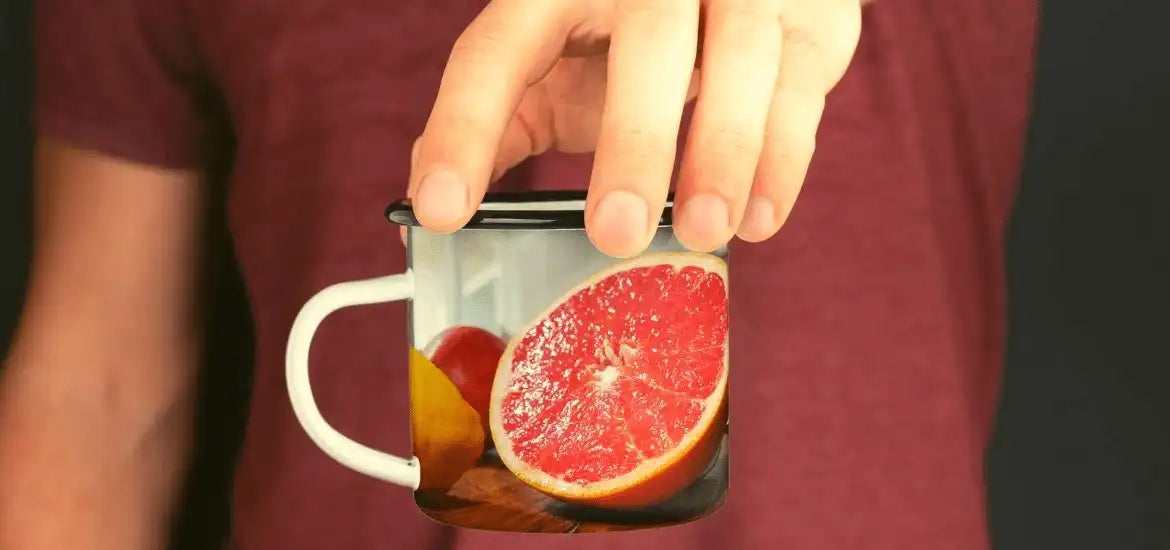
Säure im Kaffee – Gründe, Qualitäten, Unterschiede
Wir erklären, warum Säure so wichtig ist und definieren, was gute und schlechte Säuren im Kaffee sind.
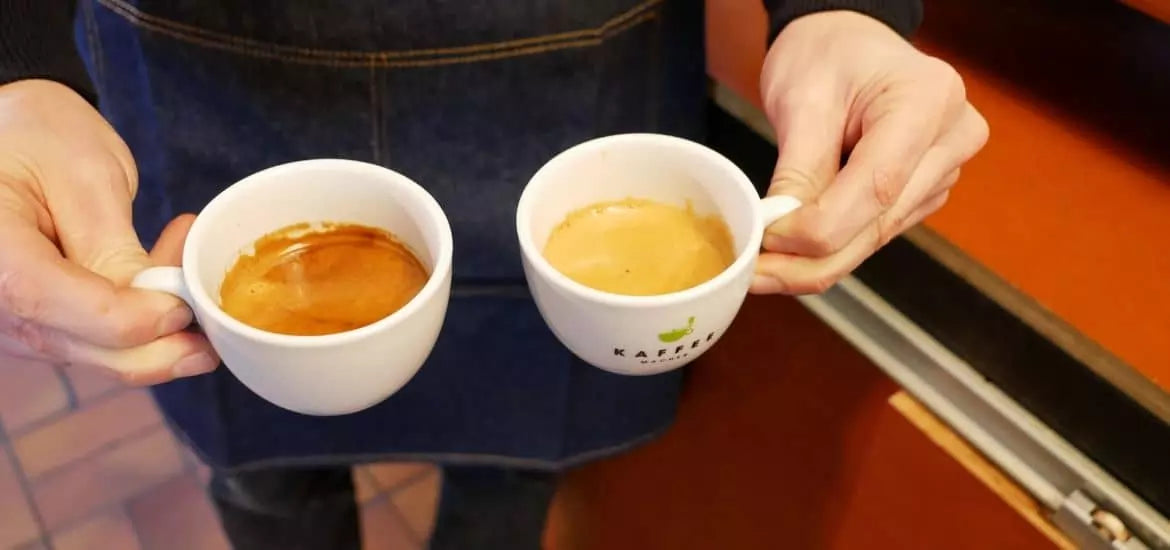
Kaffee-Sensorik Online Kurs
Neben unseren Sensorik-Kursen in Dinslaken und Basel bieten wir auch einen Online-Sensorik Kurs an und begleiten euch bei der Ausbildung der eigenen Sensorik.
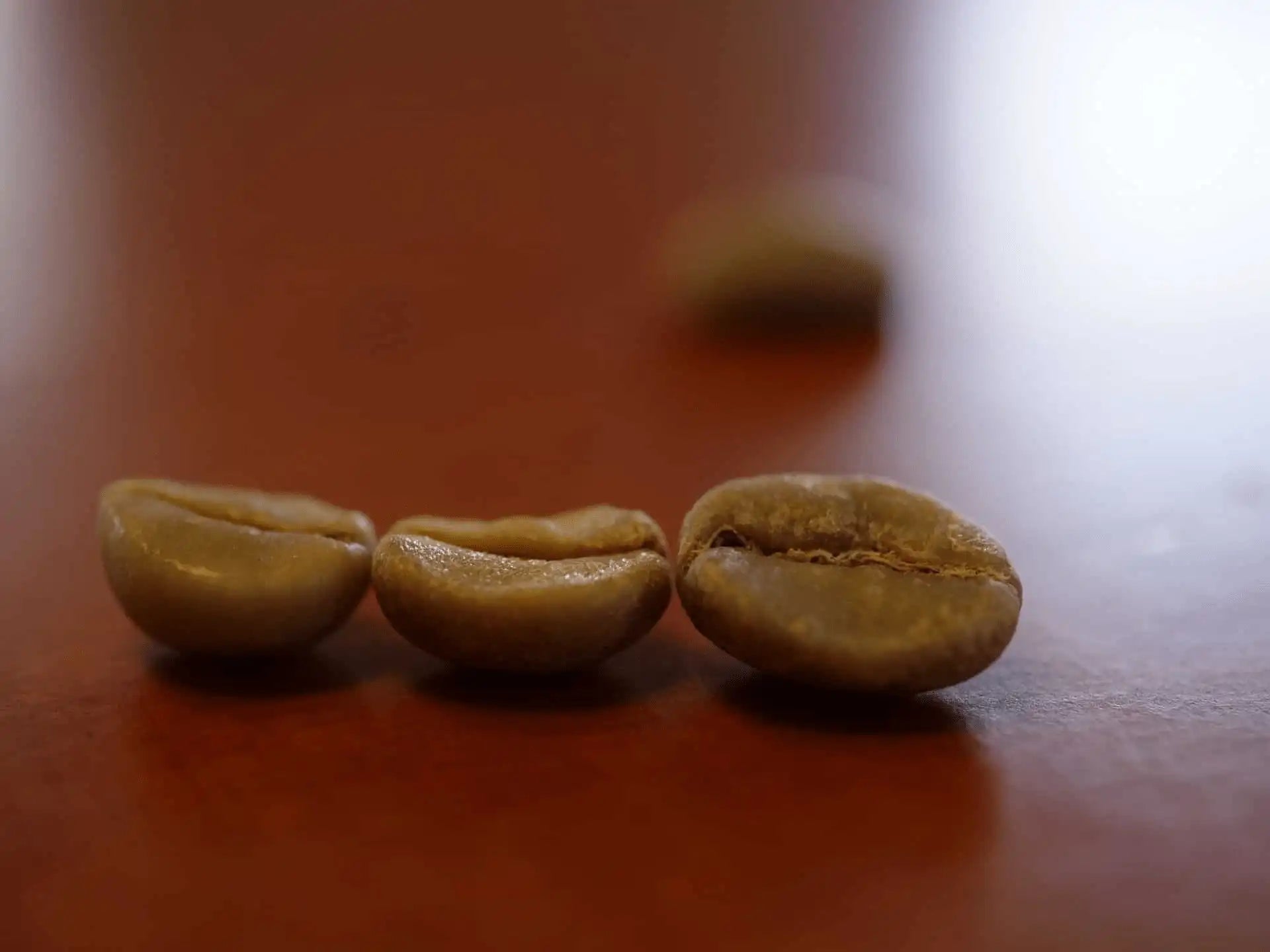
Bitterkeit in Kaffee – Unterschiede und Qualitäten
Bitterkeit ist nicht gleich Bitterkeit, wird aber sensorisch oft nicht differenziert beschrieben.
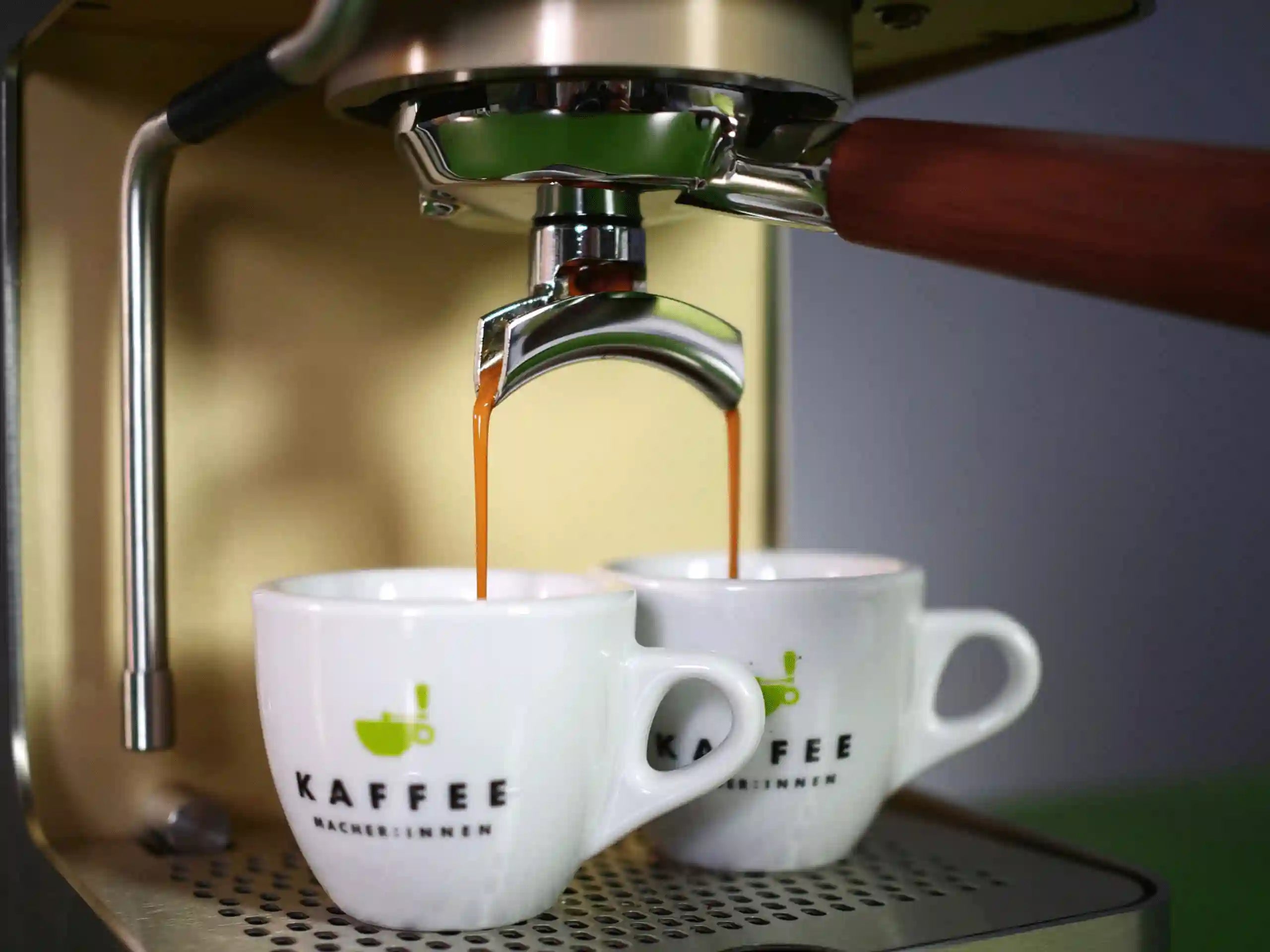
Was bedeuten Körper und Textur bei der Beschreibung von Kaffee?
Besonders die beiden Kategorien von Körper und Textur, bei denen wir fühlen und nicht schmecken, helfen uns, Kaffee noch besser zu verstehen und richtig gute Qualität zu erkennen.
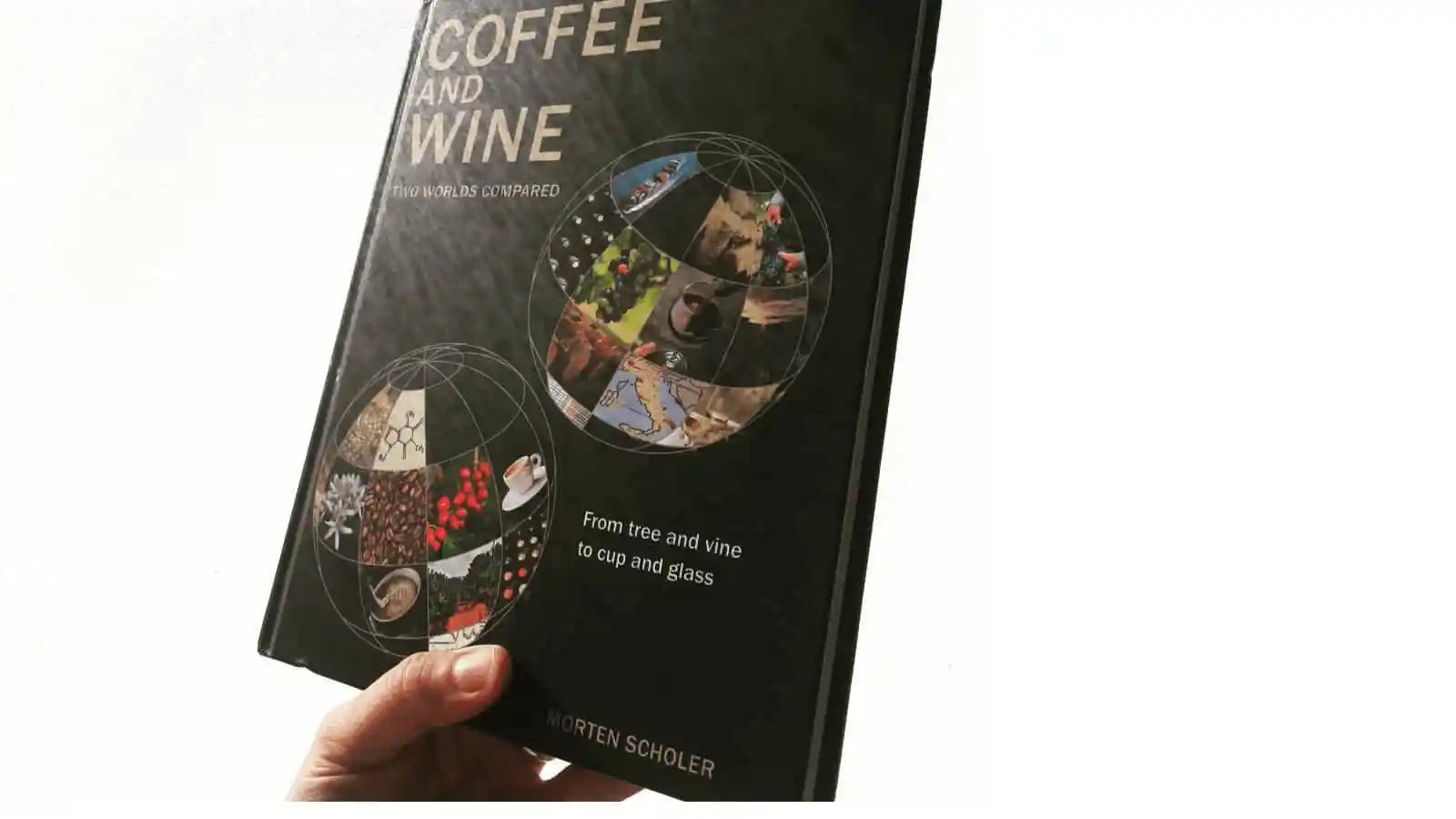
Wein und Kaffee – Gemeinsamkeiten und Unterschiede
Wir Kaffeemenschen benutzen oft den Satz «Das ist wie beim Wein!», wenn wir etwas über Kaffee erklären möchten. Doch hält der Vergleich der beiden Genussmittel stand? Gibt es wirklich so viele Gemeinsamkeiten?
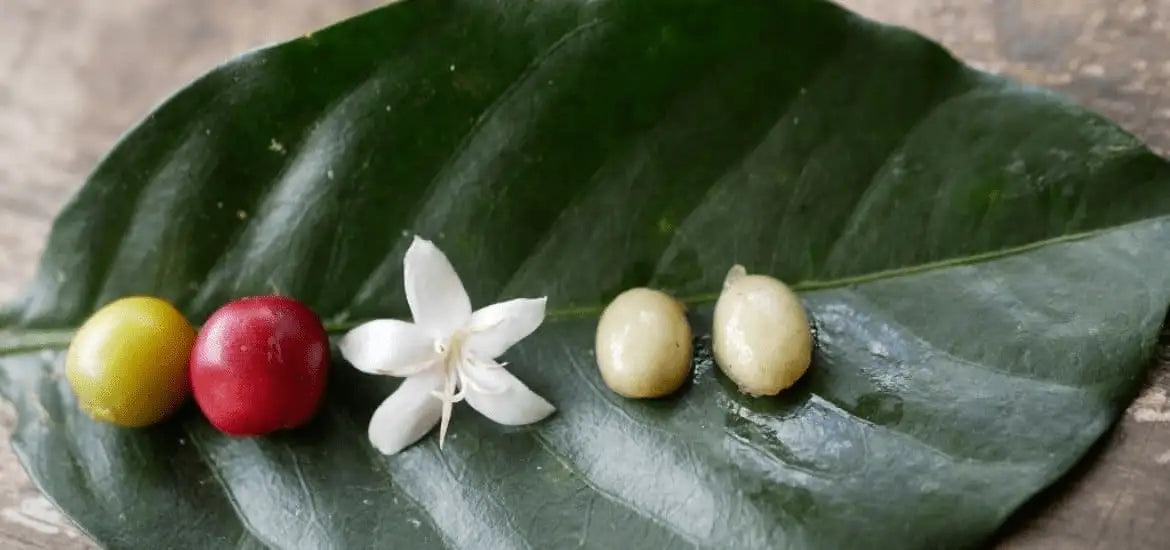
Robusta Qualität und Q Robusta Grading
Die qualitative Bewertung von Robusta wird immer ausgefeilter. Wir erklären, wie Robusta/Canephora im Gegensatz zu Arabica bewertet wird.
Alles rund um Espresso-Zubereitung



